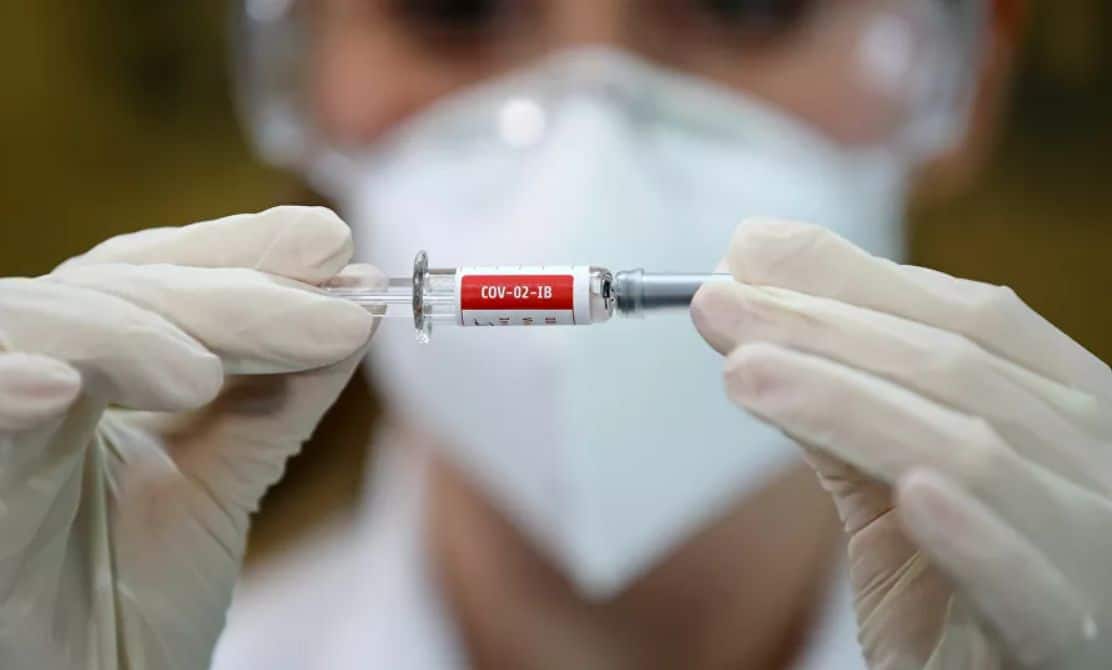Even before COVID-19 vaccines are ready, pharmaceutical companies have already signed million-dollar contracts for the first doses to go almost exclusively to the United States, the United Kingdom and Europe. Even the most optimistic forecasts indicate that 61% of the world’s population may not have access to the vaccine by 2022.
As global science to finish evaluating the effectiveness of COVID-19 vaccines, humanity should begin to worry about a new problem: how to ensure that the richest do not hoard the doses and leave poor populations with minors unprotected.
With more than 30 vaccines undergoing clinical trials, an analysis by the international organization Oxfam warns of the imminent risk that more than 51% of the promised doses will fall into the hands of 13% of the richest population.
Oxfam’s report, released on September 17, is based on an analysis by the scientific information and analysis company Airfinity and published at the end of August in the journal Nature. The survey collects trade agreements that major pharmaceutical companies have already signed with countries such as the United States, the United Kingdom, the European Union or Brazil.
The data show that none of the manufacturers that are further ahead of the immunization race that can end the pandemic will have the ability to deliver all the necessary doses. In this sense, Oxfam points out that, even if the five private laboratories most advanced in successful testing, their production would not reach 61% of the world’s population, which might not have access to a vaccine against COVID-19 before 2022.
COVID-19 vaccine: a privilege?
The problem is compounded by considering that, even with production well below requirements, vaccines will be distributed unevenly. Suffice it to say that the first batch of doses that can be produced before the end of 2020 will be shared almost exclusively among the Americans, the British and the Europeans.
Indeed, Airfinity states that the US government has already ensured since mid-August that it has 800 million doses of six vaccines that are in development, with the option of being able to purchase 1,000 million extra doses. The UK is even more alarming: the country has already reserved 340 million doses, almost five doses per inhabitant.
The European Union and Japan are also making strong progress in the acquisition of millions of doses that, already reserved, cannot be redirected to other countries.
As if it was not enough, the analyses show how pharmaceutical companies have never lost sight of their profits, even as part of an unprecedented pandemic and even after receiving state funds. Oxfam cites the example of Moderna, the U.S. laboratory that, despite receiving $2.48 billion from the U.S. Federal Government to develop a vaccine, will sell its vaccine to Americans at a price of between $12 and $15 a dose. For all other countries, the price would be $35.
The US laboratory Pfizer, for its part, announced, following an agreement with Washington, that the price of its vaccine will be $ 19.50 per dose. The company anticipates that its vaccine will be two doses, so you will have to pay about $ 39 per person immunized.
The strategy of the British pharmaceutical AstraZeneca and the University of Oxford seems to have considered global demand a bit more, by promoting agreements to transfer technology and produce doses in laboratories in India, China, Mexico or Argentina, among others. Still, all its expected production would barely reach 38% of the world population or half, Oxfam laments.
“Oxfam and other organizations around the world are calling for a popular vaccine, available to all, free of charge and distributed as needed,” the international organization claims in its September 16 statement.
For the organization, the only way to achieve this is to break monopolies and commitments to the profits of pharmaceutical companies, allowing the exchange of knowledge between manufacturers and preventing doses from systematically severing to the highest bidder.
The concern is shared by the World Health Organization (WHO), which has tried to combat the mercantilist trend with the Covax initiative, which aims to ensure the existence of 2 billion doses by the end of 2021, as well as the definition of protocols for vaccines to go to population at-risk first.
“It is important that the people who need them most receive them, no matter what country they are in. It makes no sense for one country to vaccinate its entire population and others to wait,” said WHO Chief Scientist Soumya Swaminathan in early September.
However, the WHO’s expectations are perhaps too optimistic. According to Airfinity, an analysis of the actual capabilities of manufacturers would indicate that by the end of 2021 the world would have 1 billion vaccines, half the number expected by the Covax initiative.
If the most negative outlook becomes a reality, and the logic of the market prevails in the distribution of vaccines, the inequality could be summarized in another calculation provided by Oxfam: while the United Kingdom will have five doses for each of its inhabitants, Bangladesh, for example, it will have one dose every nine inhabitants.
